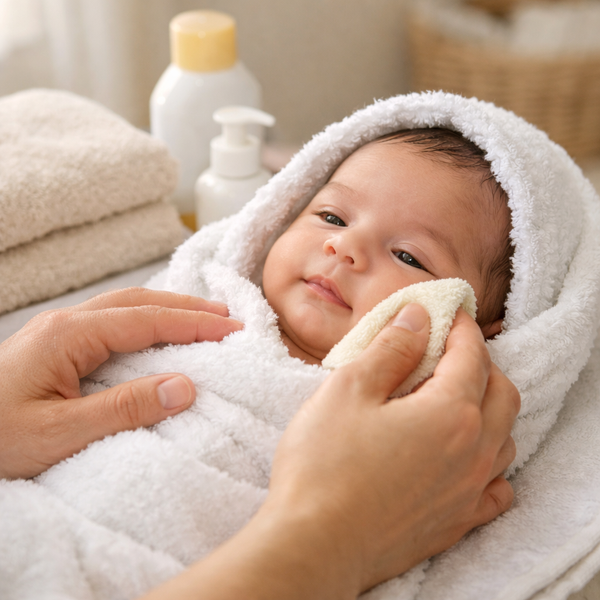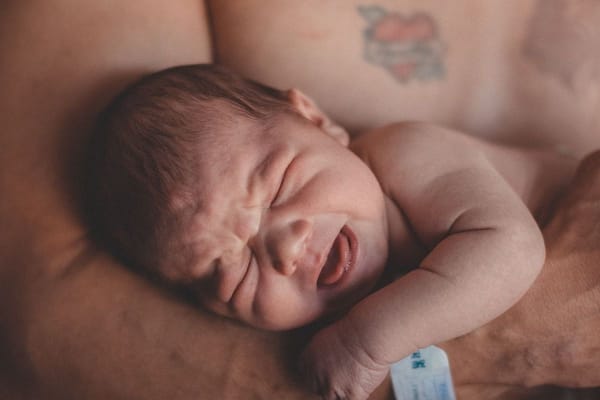Postpartum depression (PPD) can occur up to a year after giving birth, and it can be a challenging and isolating experience for new mothers. If you're experiencing symptoms of PPD 8 months after giving birth, it's important to seek help and support. This article provides information on the signs and symptoms of PPD, as well as treatment options that are available to you. Although PPD is never enjoyable, with time, support, and the right care, you can get over this condition.
Understanding Delayed Postpartum Depression.
PPD is a type of depression that can occur after giving birth. It's estimated that up to 1 in 7 women experience postpartum depression, and it can occur up to a year after giving birth. Up to 18 months after giving birth, women may experience delayed PPD, also referred to as late-onset PPD. Depending on the hormonal changes that take place after giving birth, it may even show later in some women.
The diagnosis of PPD may be even more challenging in these circumstances. After giving birth, new mothers typically have follow-up doctor visits, but many stop seeing their doctors frequently after that. The diagnosis of late-onset PPD may take longer due to this lack of medical care. The diminished support that new mothers experience after the first few weeks of their child's existence is also linked to delayed postpartum depression. It can be simple to feel overwhelmed and alone after their partners have returned to the workforce and the support they received during those initial few weeks has decreased.
Symptoms of Postpartum Depression at 8 Months.
Both normal PPD and delayed PPD share the same symptoms. symptoms can include feelings of sadness, anxiety, and irritability, as well as changes in appetite and sleep patterns, weight gain, or weight loss that isn’t associated with dieting. You may also experience feelings of guilt or worthlessness and have difficulty bonding with your baby or excessive worrying about your baby. in most severe cases, you may get suicidal thoughts.
Treatment Options for Postpartum Depression.
If you're experiencing postpartum depression 8 months after giving birth, there are several treatment options available to you. Therapy, such as cognitive-behavioral therapy or interpersonal therapy, can help you work through your feelings and develop coping strategies. Medication, such as antidepressants, may also be prescribed by your healthcare provider. Support groups, either in-person or online, can provide a sense of community and understanding. It's important to talk to your healthcare provider about what options may be best for you and to seek help as soon as possible.
Self-Care Strategies for Coping with Postpartum Depression.
In addition to seeking professional help, there are also self-care strategies that can help you cope with postpartum depression. These include getting enough sleep, eating a healthy diet, exercising regularly, and practicing relaxation techniques such as yoga or meditation. It's also important to prioritize self-care activities that bring you joy and help you feel more connected to yourself and your baby, such as taking a relaxing bath or going for a walk in nature. Remember, taking care of yourself is an important part of taking care of your baby.
Seeking Help and Support for Postpartum Depression.
If you are experiencing postpartum depression 8 months after giving birth, it's important to seek professional help and support. This can include talking to your healthcare provider, a therapist, or a support group for mothers experiencing postpartum depression. Treatment options may include therapy, medication, or a combination of both. Remember, seeking help is a sign of strength, and taking care of your mental health is crucial for both your and your baby's well-being.







